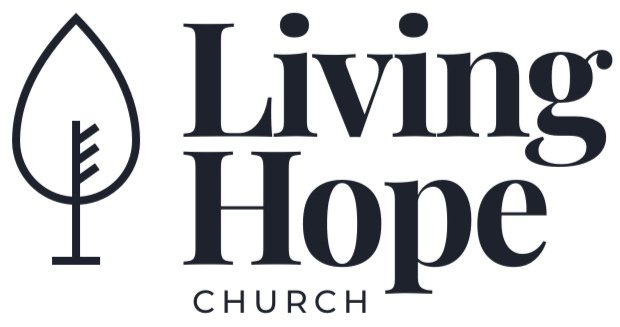Day 29
Chapter 35 is a rebuke of Job. Elihu is not tender in this. There is little doubt that Elihu is answering Job with strength and fervor. The main question is in the first four verses - but most clear in verse 3 and it is basically this - ‘What is the point of being good? If I suffer while being righteous…what does it matter?’ Underlying this is the thinking that the Lord ought to reward righteous living. Christopher Ash wrote: “Although at the start of the book Job firmly rejected this and showed that he worships God purely and simply because he is God and is worthy of his worship, it would seem that Job has faltered in this as his sufferings have continued. This short but dense speech by Elihu carries a sharp but necessary rebuke to Job and to any of us who fall into this trap, no matter how severe the suffering that prompts it.”
Ash is helpful in this. As he addressed verses 5-8 he wrote: “Elihu is not suggesting that God does not care how Job or anyone else behaves. “After all, he is counseling Job in God’s name to cease fighting with God and to submit to him”; so he clearly thinks our actions have moral and spiritual significance. He is saying that since we cannot affect the blessedness of God by our actions, there is no way we should expect to gain any kind of leverage with him. We cannot say to God, “If I stop sinning, I expect you’ll feel happier and reward me” or “I’m sure my good behavior has made your day better, so it seems to me that you owe me one in return.” So to ask what advantage I may expect to gain from my piety is the wrong question; it is a question that reveals I have not properly taken on board the transcendence of God and therefore his impassibility and immutability.”
Ash, C. (2014). Job: The Wisdom of the Cross (R. K. Hughes, Ed.; p. 355). Crossway.
IN verses 9-16 Elihu sets up a hypothetical situationIn which the oppressed ‘cry out’ but they do so without faith. They cry out in anguish, but not really desiring the Lord. And in verses 14-16 he equates this with Job.
Here is the helpful conclusion from Ash in regard to this chapter and the point.
“So what is Elihu saying to Job? He is telling Job that as long as he keeps saying these outrageous and impious things about God, he cannot expect God to answer him. God will not answer his cries any more than he can be expected to answer the cries of other sufferers who do not cry to him from faith. In our soft and liberal cultures we find this offensive. And yet it is true. Elihu is giving Job “the wounds of a … faithful … friend” (Proverbs 27:6); he is telling Job what he needs to hear. In his rough and uncompromising way he is doing Job far more good than the soppy sympathy of one who dares compromise with the name of God. He is challenging head-on our natural and instinctive but sinful expectation that by our virtue we can put God in our debt and that in our painful cries we have a right to have God listen to us. Neither is true, for God is above and beyond us, unchangeable in his nature and consistent in his determination to listen only to the prayers of those who seek him because he is God, and not because of what they hope to gain from him.”
Ash, C. (2014). Job: The Wisdom of the Cross (R. K. Hughes, Ed.; pp. 356–357). Crossway.
